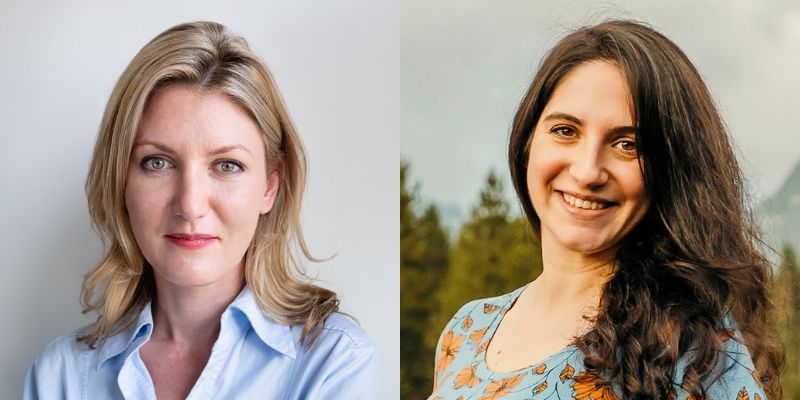
Rental Partner: Mehfil Nights presents
Mehfil Nights
Coke Studio 2.0

Pandemics and Human Potential
Note: Town Hall events are approximately 75 minutes long.

The very fact of being human makes us vulnerable to pandemics, but it also gives us the power to save ourselves.
The COVID-19 pandemic most likely won’t be our last—that is the uncomfortable but all-too-timely message of Sabrina Sholts’ new book, The Human Disease. Traveling through history and around the globe to examine how and why pandemics are an inescapable threat of our own making, Sholts draws on dozens of disciplines—from medicine, epidemiology, and microbiology to anthropology, sociology, ecology, and neuroscience—as well as a unique expertise in public education about pandemic risks, to identify the human traits and tendencies that double as pandemic liabilities.
Though the COVID-19 pandemic looms large in Sholts’s account, it is, in fact, just one of the many infectious disease events explored in her book. When the next pandemic happens, and how bad it becomes, is largely within our highly capable human hands—and will be determined by what we do with our extraordinary human brains.
Sabrina Sholts is the curator of biological anthropology at the Smithsonian’s National Museum of Natural History, where she developed the major exhibit Outbreak: Epidemics in a Connected World. She has also served as a scientific commissioner for a related exhibition at the Musée des Confluences in Lyon, France.
Julianne Meisner, PhD, MS, BVM&S, is an Assistant Professor at the University of Washington, focusing on One Health and pandemics. Her research explores the interconnectedness of human, animal, and environmental health, with a focus on novel pathogen emergence and the impacts of livestock keeping. She holds degrees from the University of Edinburgh and UW, and her current projects include investigating the effects of land use change on disease emergence and refining models for human-animal contact networks.
Presented by Town Hall Seattle

Rental Partner: Mehfil Nights presents
Coke Studio 2.0

Rental Partner: Mehfil Nights presents
Coke Studio 2.0

Rental Partner: AARP Washington presents
Celebrating Social Security!